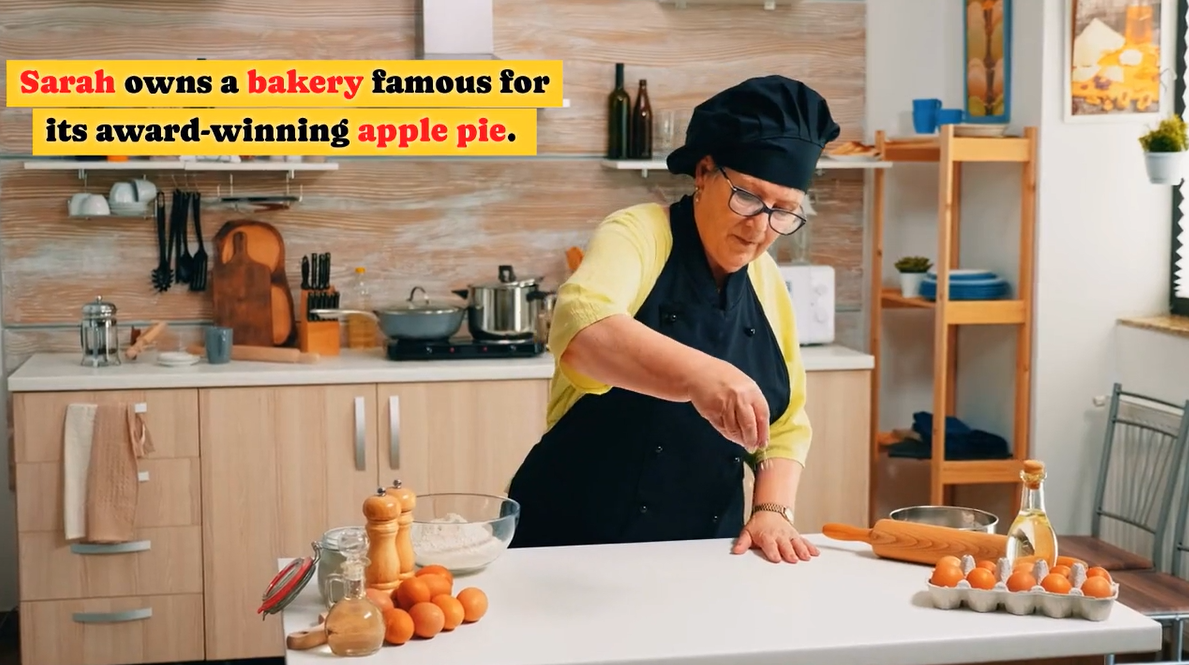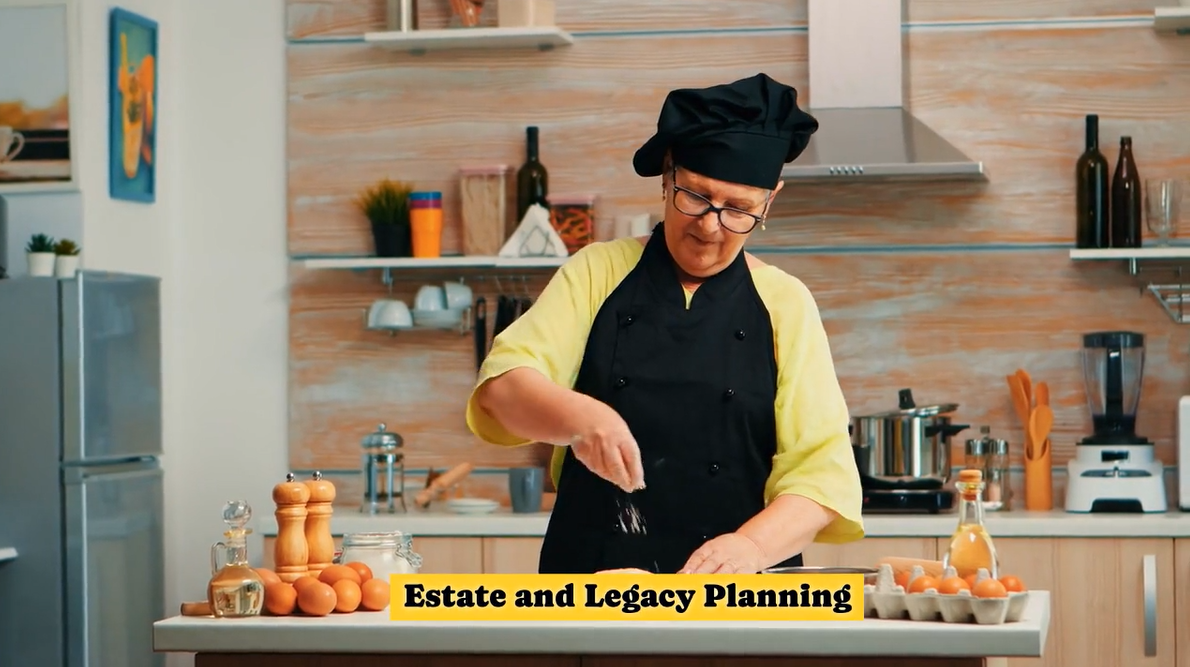Understanding Estate and Legacy Planning: A Simple Guide for Beginners
- Home
- LEGACY PLANNING VS. ESTATE PLANNING
- Life and Legacy Planning
- Estate and Legacy Planning
Many people confuse estate and legacy planning. They're related, sure, but they're not the same.
Understanding the difference is key to preparing for your future and, most importantly, avoiding family fights.
Estate planning is like creating a treasure map for your stuff. It's the practical side of things – who gets your house, your car, your money. It also includes naming guardians for your kids if they're still minors.
Think of it as making sure your belongings go to the right people, preventing any "finders keepers" scenarios among your relatives.
Legacy planning, on the other hand, is about what you leave behind beyond the material stuff. It's about your values, your stories, the impact you had on the world. Did you volunteer at the local animal shelter?
These are the things that make up your legacy.
Legacy Planning or Estate Planning: Which is more important? They're both vital pieces of your estate puzzle.
Estate planning prevents family fights by ensuring your assets (money, house, cars etc.) are distributed according to your wishes.
Legacy planning focuses on those intangible things – the memories, values, and impact you leave behind.

Sarah owns a bakery famous for its award-winning apple pie. Sarah creates a detailed estate plan, outlining who inherits the bakery and how her other assets are to be divided. This is an estate planning in action, preventing potential disagreements among her children.
But Sarah also wants to leave a lasting legacy. She writes down her secret apple pie recipe for her children, sharing her passion for baking. She also establishes a baking scholarship in her name. This is legacy planning, her love for baking continues to inspire future generations.
By combining estate planning and legacy planning, Sarah secures her family's financial future and shares her passion, creating a lasting impact. This is how they complement each other, preventing potential family disagreements over the bakery and other assets.
Estate and Legacy Planning: Making Sense of Your Future Choices

Now, let's talk about preparing your executor, the person who will carry out your wishes. Choose someone trustworthy and organized, like that friend who always remembers everyone's birthday. Provide them with clear instructions and access to all necessary documents. This preparation can help prevent chaos over unclear instructions.
Creating a detailed inventory of your assets and liabilities is like giving your executor a cheat sheet. This includes bank accounts, investments, property, and debts. Don't forget about your digital assets (logins and passwords), make a list for your executor or someone else you trust.
Keep this information updated and accessible. This avoids any "Where's the deed to the house?" scavenger hunts after you're gone.
Talking to your family about your wishes is crucial, even if it's uncomfortable. This prevents misunderstandings and disagreements later on. Think of it as a preemptive strike against potential family arguments.
Think of planning as a gift to your family – the gift of peace of mind and a clear path forward. By addressing these matters now, you avoid potential disagreements later on.
Understand estate and legacy planning aren't just for the rich and famous. Everyone, regardless of their financial situation, can benefit from planning. It's about being prepared and ensuring your wishes are respected, minimizing potential disagreements.
Don't let fear or being uncomfortable hold you back.
Seek professional guidance if needed. An estate planning attorney can help you navigate the legal complexities and ensure your plan is legally sound.
A financial advisor can assist with managing your assets (money) and investments.
Estate Planning vs. Legacy Planning: Which is more important? You need both if your goal is to be prepared for any unexpected emergencies.
A legacy isn't what you leave people but how you leave them.
Estate and Legacy Planning: Easy Answers to Your Big Questions
1. What
is estate planning?
It's
making a plan for who gets your stuff after you die.
2. What
is legacy planning?
It's
sharing your stories and what's important to you with your family.
3. Do I
need to plan if I'm not rich?
Yes!
Everyone should have a plan, no matter how much money they have.
4. What's
a will?
A will is
a paper that says who gets your things when you die.
5. Who's
an executor?
An
executor is someone you pick to make sure your wishes are followed after you
die.
6. What's
a trust?
A trust
is a way to keep your stuff safe for someone else.
7. How
often should I change my plan?
Look at
your plan every few years or when big things happen in your life.
8. What
if I don't make a plan?
If you
don't make a plan, the government decides who gets your stuff.
9. How do
I start legacy planning?
Write
down stories about your life and things you want your family to remember.
10. Do I
need a lawyer?
A lawyer
can help, but you don't always need one to make a plan.
- Home
- LEGACY PLANNING VS. ESTATE PLANNING
- Life and Legacy Planning
- Estate and Legacy Planning



